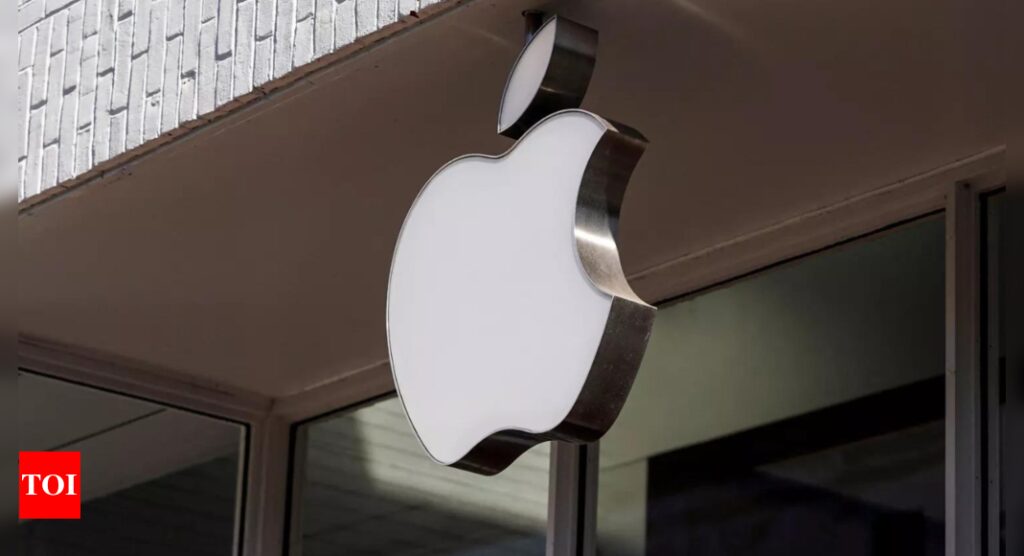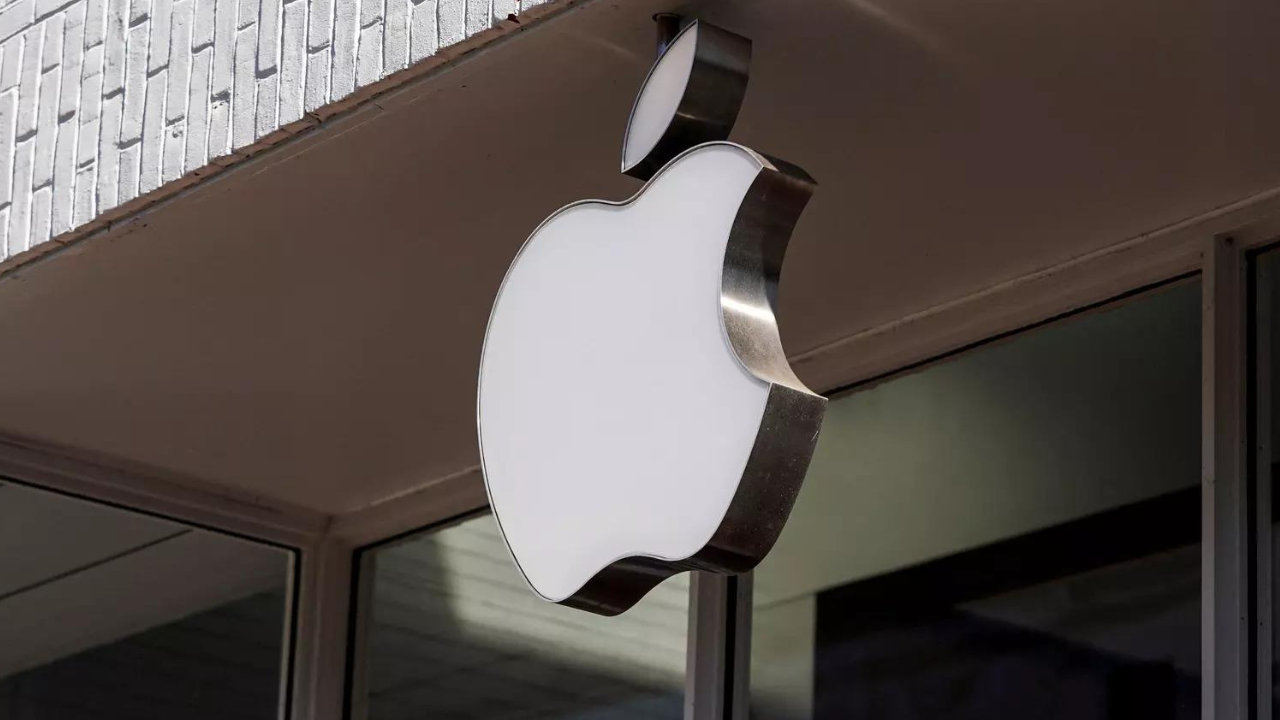[ad_1]
Apple is reportedly arguing with the European Union that iMessage should not be classified as a “gatekeeper” under the EU’s Digital Markets Act, as it does not meet the popularity criteria.
The European Commission will release a list of designated gatekeepers on September 6. This list will include the names of companies that are deemed to be powerful platforms based on their revenue and user numbers, as well as the specific services they offer.
These gatekeepers will be required to adhere to a set of interoperability and competition rules. Already known to be on the list are Apple, Microsoft, Amazon, Alphabet, Meta, ByteDance, and Samsung. However, the commission will need to determine which of their services should be covered. Once the EU has designated its gatekeepers, they will have six months, or until March 2024, to comply with the EU’s DMA rules.
In order to be included in this list, a company must meet two criteria. Firstly, it must have a market value of at least €75 billion ($82 billion). Secondly, it must either own a social platform or app that is used by at least 45 million people every month or have at least 10,000 active business users.
Apple has almost three trillion in market value, and it argues that iMessage does not have 45 million users, reports The Financial Times. Thus, it is not big enough to fall under the EU’s DMA purview. While the Cupertino giant is working on opening the iOS to third-party app stores and sideloading to comply with the DMA rules, it seemingly does not want to open iMessage to other third-party messaging platforms or other operating systems, which the rules require.
Analysts estimate iMessage has a billion users across the globe, but Apple has not disclosed figures in years. The iMessage app comes pre-installed in every iPhone, iPad, and Mac sold worldwide.
Microsoft, which is also one of the prospective gatekeepers, has argued that Bing should be subjected to the same rules as Google Search since it only holds a 3 per cent of the market share, and subjecting it to additional legal scrutiny could put it at a disadvantage.
The European Commission will release a list of designated gatekeepers on September 6. This list will include the names of companies that are deemed to be powerful platforms based on their revenue and user numbers, as well as the specific services they offer.
These gatekeepers will be required to adhere to a set of interoperability and competition rules. Already known to be on the list are Apple, Microsoft, Amazon, Alphabet, Meta, ByteDance, and Samsung. However, the commission will need to determine which of their services should be covered. Once the EU has designated its gatekeepers, they will have six months, or until March 2024, to comply with the EU’s DMA rules.
In order to be included in this list, a company must meet two criteria. Firstly, it must have a market value of at least €75 billion ($82 billion). Secondly, it must either own a social platform or app that is used by at least 45 million people every month or have at least 10,000 active business users.
Apple has almost three trillion in market value, and it argues that iMessage does not have 45 million users, reports The Financial Times. Thus, it is not big enough to fall under the EU’s DMA purview. While the Cupertino giant is working on opening the iOS to third-party app stores and sideloading to comply with the DMA rules, it seemingly does not want to open iMessage to other third-party messaging platforms or other operating systems, which the rules require.
Analysts estimate iMessage has a billion users across the globe, but Apple has not disclosed figures in years. The iMessage app comes pre-installed in every iPhone, iPad, and Mac sold worldwide.
Microsoft, which is also one of the prospective gatekeepers, has argued that Bing should be subjected to the same rules as Google Search since it only holds a 3 per cent of the market share, and subjecting it to additional legal scrutiny could put it at a disadvantage.
[ad_2]
Source link











More Stories
Google Maps: Three privacy features coming to Google Maps on Android, iPhones
Most-Downloaded IPhone App: This Chinese app was the most-downloaded iPhone app in the US in 2023
Ukraine’s largest mobile operator goes offline for millions of users after cyber attack